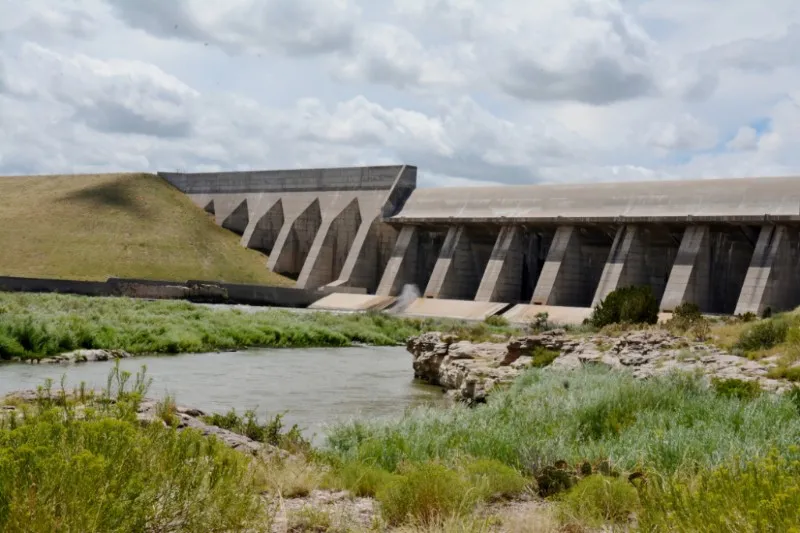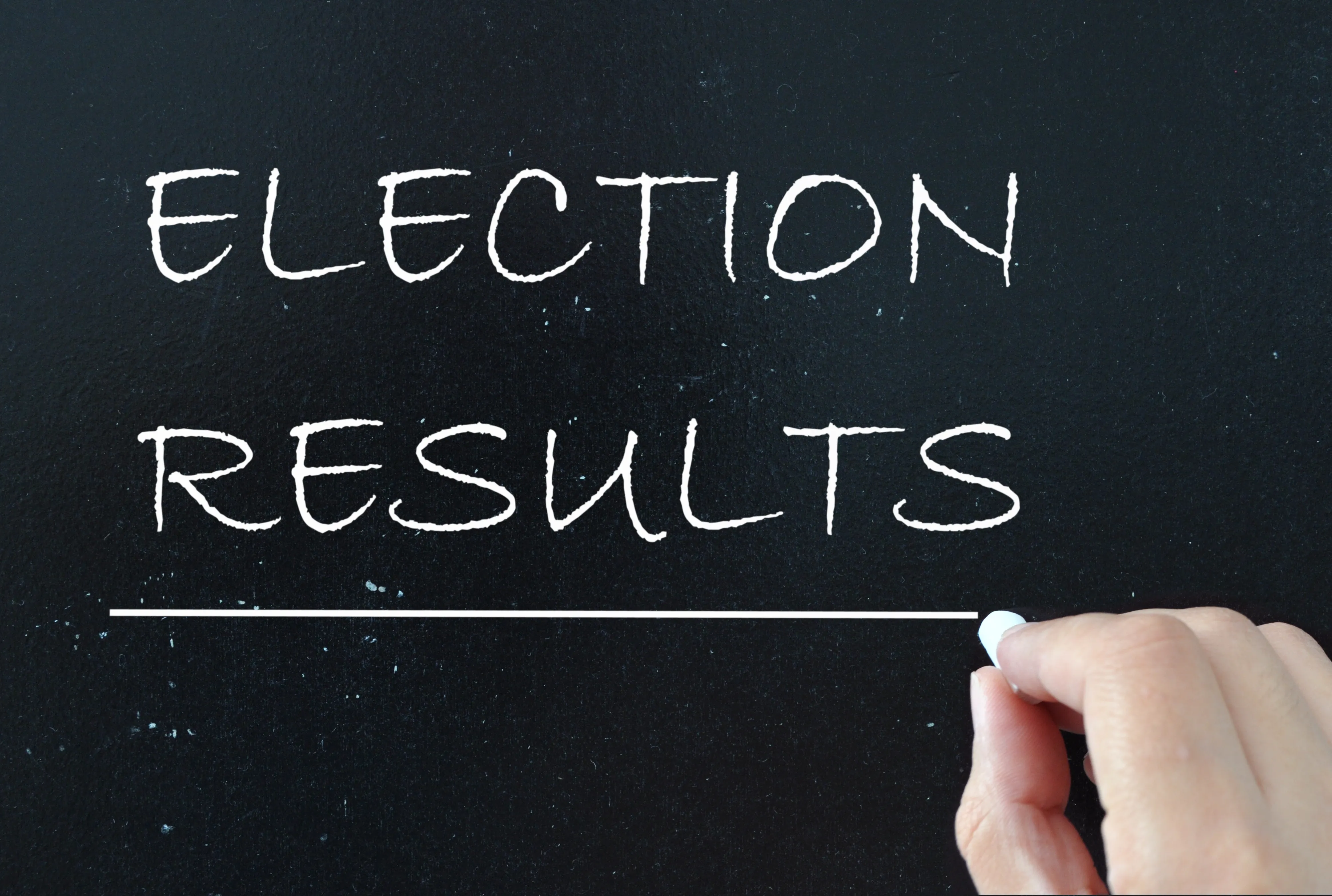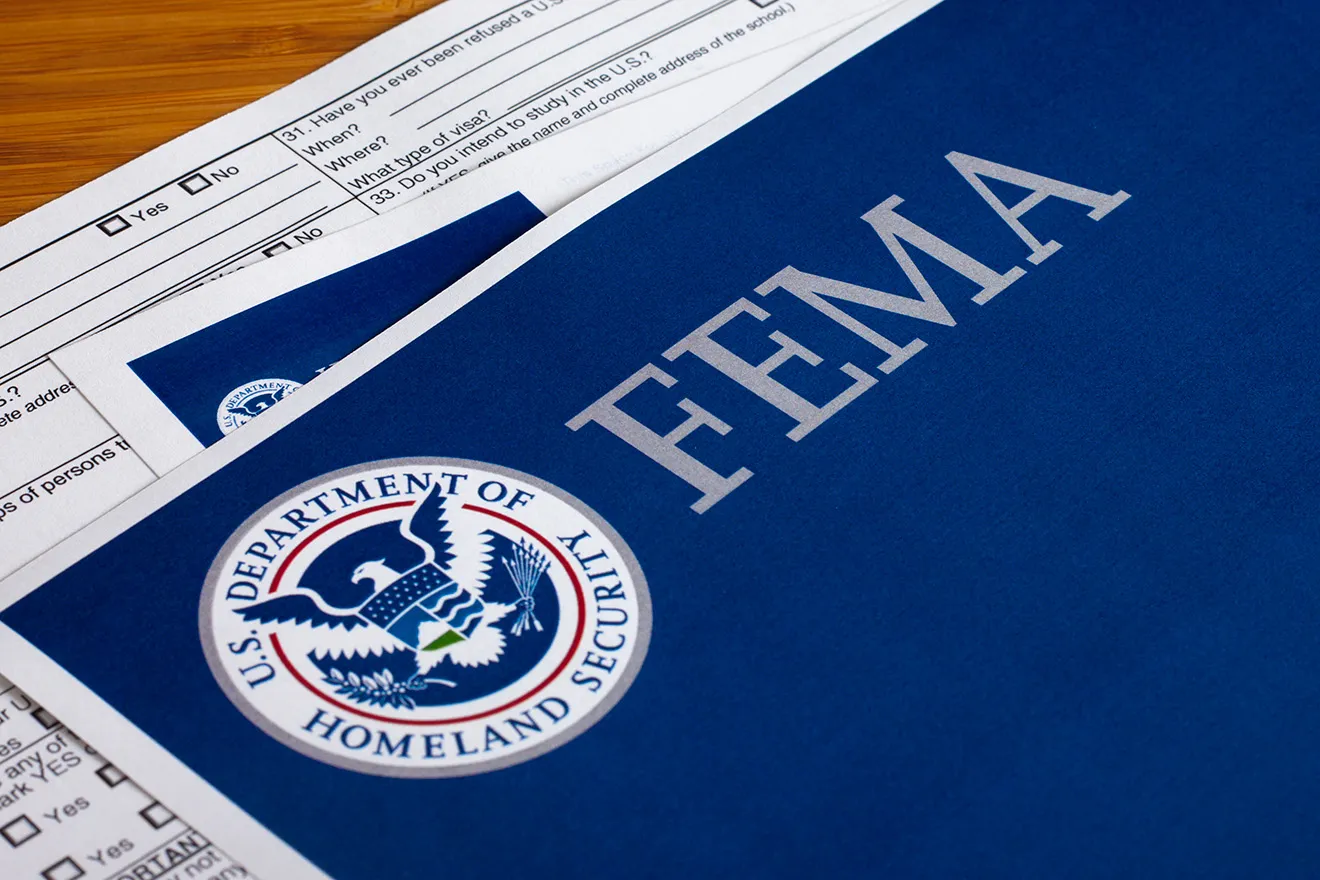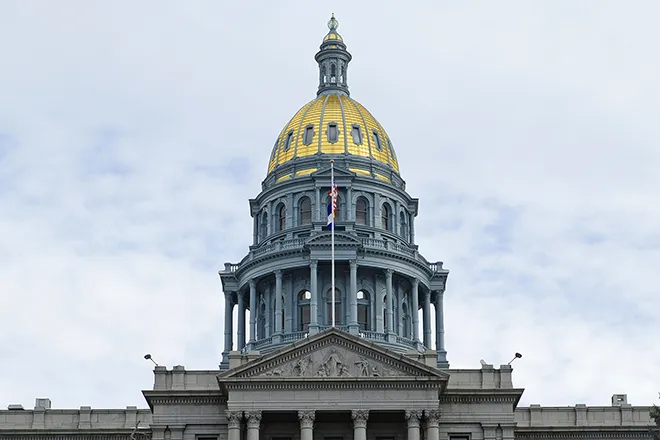
Daily Audio Newscast - January 2, 2025
© AlexLMX - iStock-823000260
Six minutes of news from around the nation.
Biden tells families of victims in deadly attack in New Orleans that the "nation grieves with you" A weaker CA lemon law; Outdoor recreation continues to fuel GDP; With college application change, MN aims to reduce higher-ed barrier; NY's Climate Change Superfund Act takes effect.
Transcript
♪♪
The Public News Service Daily Newscast, January the 2nd, 2025.
I'm Mike Clifford.
President Joe Biden, in remarks Wednesday night, told families of victims that the nation grieves with you following the deadly attack in the French Quarter in New Orleans on New Year's Eve.
That from CNN.
They report at least 15 people were killed and dozens injured when a driver rammed a pickup truck during New Year's Eve celebrations on Bourbon Street.
The FBI is investigating the incident as an act of terrorism.
CNN notes the FBI identified the suspect, a 42-year-old Texas man, an Army veteran.
The FBI said the suspect, who was killed in a firefight with officers, had an ISIS flag in his vehicle at the time of the attack.
And starting this year, changes to California's Lemon Law will make it harder for consumers to get a refund or replacement vehicle.
The changes mean that instead of just taking the car to the dealer for repairs, you're now going to have to formally notify the manufacturer via email or certified mail and include your name, the vehicle ID number, a summary of the problems, and a demand for a refund or replacement.
Rosemary Shahan, with the nonprofit Consumers for Auto Reliability and Safety, says if you don't take this step, you forgo Lemon Law protections.
They're going to feel like they can ignore you and refuse to fix the problem or just do a real cheap, temporary Band-Aid kind of fix until the warranty expires, and then they'll tell you how much they want you to pay for the repair out of your own pocket.
Governor Gavin Newsom said he signed Assembly Bill 1755 reluctantly in order to cut down on Lemon Law lawsuits clogging the courts.
I'm Suzanne Potter.
Meantime, a bill that already passed in Congress could expand opportunities for recreation on public lands in places like Montana.
The EXPLORE Act, presented to President Joe Biden last week, would help ensure public lands and recreational areas remain accessible and fund updates for old infrastructure, among other improvements.
It comes as the outdoor recreation economy has grown 36 percent since 2012, according to an Outdoor Recreation Roundtable analysis.
Cycling is up 11 percent, and Jessica Zephyrs, with the Missoula-based Adventure Cycling Association, says she's seen increased interest in biking off paved roads.
What we've really seen growth in are things like bikepacking, gravel cycling, e-bike touring, guided tours, getting outside and experiencing nature and the world.
The Great American Rail Trail could fit the bill.
Announced in 2019, it's a non-motorized trail designed so a user can cross the entire country separated from traffic.
The Montana section, which will run from Yellowstone Northwest through Salteze, is 25 percent complete, according to the Rails to Trails Conservancy.
I'm Kathleen Shannon.
One section of the EXPLORE Act specifically supports biking along distant trails.
This is Public News Service.
A new law just signed by New York Governor Kathy Hochul takes effect this week to penalize polluters for emissions.
The Climate Change Superfund Act puts a fine on the largest contributors to greenhouse gas emissions between 2000 and 2018, specifically those responsible for more than 1 billion tons of global greenhouse gas emissions.
The collected money will be put into a special fund to pay for climate change resilience measures starting in 2028.
Rich Schrader with the Natural Resources Defense Council says this will greatly benefit New York State.
Each budget would be placed into the state budget to do work like upgrading roads and bridges that have been damaged and do work in terms of installing new water systems.
Part of the money would go into things like - 'cause we're having hotter summers or hotter springs, really, how to get better air conditioning in public housing but also in public schools.
He notes this doesn't account for projects funded by federal dollars.
The law faced opposition from oil and gas companies that threatened to raise prices statewide if it were enacted.
Reports show each region faces millions of dollars in climate costs, totaling more than $2 billion.
I'm Edwin J. Vieira.
And in the new year, college applicants in Minnesota will look a little different.
They will no longer feature an initial question about a person's criminal history.
A new state law that just took effect prohibits Minnesota's public and private colleges and universities from asking about an applicant's criminal past on the initial forums they fill out.
That's unless it's for programs like law enforcement.
DFL Senator Claire Umu Verbaten sponsored the bill.
She says by boosting access to higher ed, they're giving these populations an outlet to reconcile with their past and chart a new course.
It's about giving people an opportunity to explain their stories and their situations and not putting them in a position where they don't even want to try.
Research shows nearly two-thirds of those who disclosed felony convictions did not wind up submitting their application.
Amid these efforts across the U.S., some schools still express concern about public safety, but Verbaten says Minnesota's law strikes a good balance and gives schools the opportunity to follow up before a student is enrolled.
I'm Mike Moen reporting.
Finding no secret, consumers are unhappy with increasing food prices and many blame inflation.
At the same time, natural disasters have a direct link to grocery costs.
Climate spokesperson Mike Stromberg says the effects of floods, hurricanes, drought, and extreme heat have a nationwide and global impact.
The price of oranges and the price of orange juice have both steadily increased in recent years due to declining production in Florida caused by large hurricanes.
Grain prices are through the roof in critical agricultural regions like the Midwest.
It starts with drought.
It affects a huge portion of agriculture in that region.
That has an after-effect at the grocery store in terms of your grocery prices.
I'm Terry Dee reporting.
This is Mike Clifford for Public News Service, member and listener supporter.
Hear us on radio stations big and small, your favorite podcast platform, find our trust indicators at publicnewsservice.org.

















